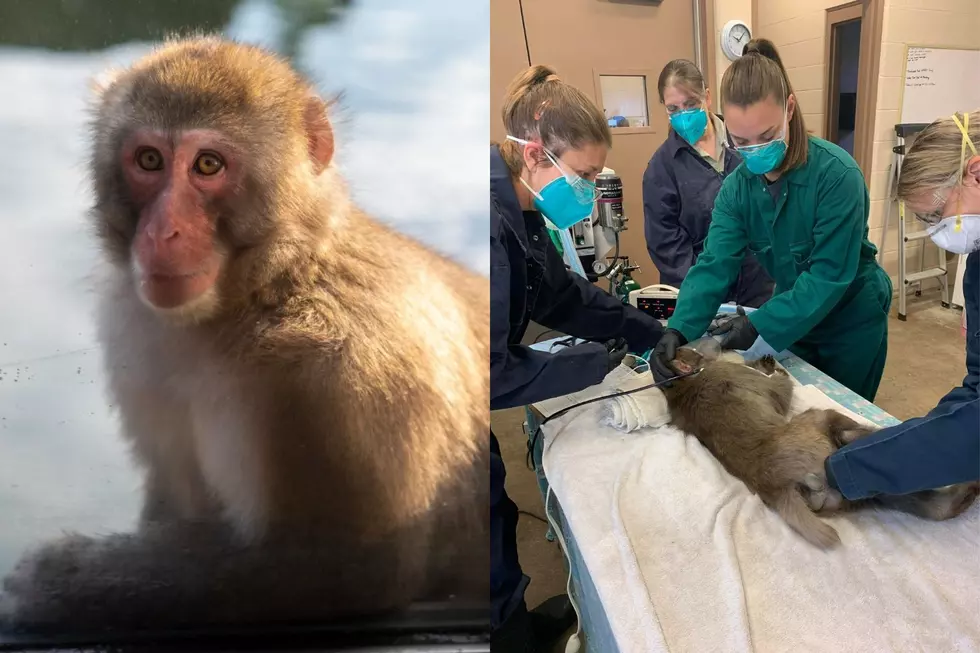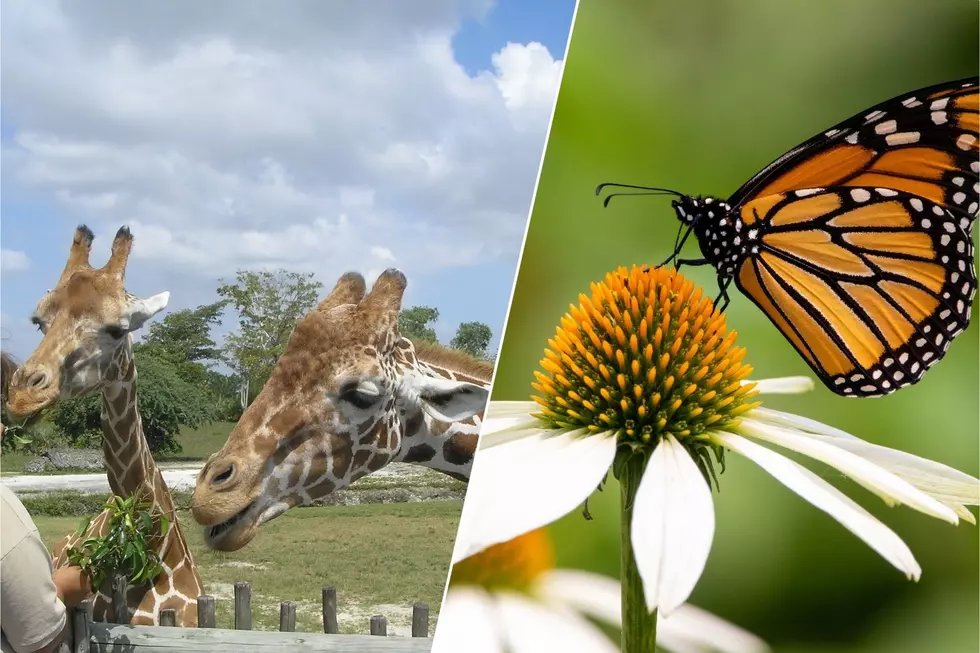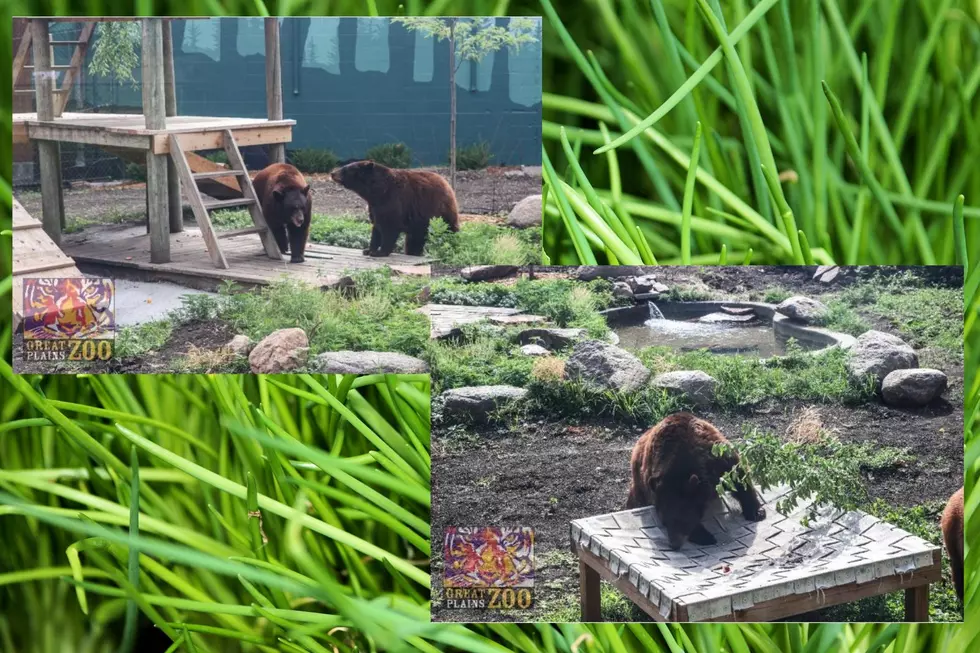
Bird Flu Taboo At The Great Plains Zoo!
There has been a lot of talk about this new bird flu outbreak.
We've all heard that chicken and turkey prices are going through the roof due to the arrival of this new strain of avian flu that is devastating poultry operations here in the Midwest and on the East Coast.
Since February, the H5N1 virus has been detected in commercial and backyard flocks in at least 17 states, according to data from the U.S. Department of Agriculture, making it the worst bird flu outbreak since 2015, when nearly 50 million birds were slaughtered or died. - CNBC
The Centers for Disease Control say the risk to humans is low, but they are closely monitoring the situation.

What is being done to protect the bird species at the Great Plains Zoo?
According to Denise DePaolo, Director of PR for the Great Plains Zoo- -
The Great Plains Zoo and Delbridge Museum of Natural History (GPZ) is implementing temporary proactive measures to protect bird species at the Zoo from highly pathogenic avian influenza (HPAI). Cases have been found in southeast South Dakota and northwest Iowa.
Have any of the birds at the GPZ been diagnosed with this new bird flu?
The Great Plains Zoo is taken these precautions out of an abundance of caution, and so far, none of the birds being cared for have contracted it.
What is being done to protect the more vulnerable birds?
Recommendations from the United States Department of Agriculture (USDA) and the South Dakota State Veterinarian's office are being used to create these temporary changes.
- Bird species will be off exhibit, except Humboldt penguins and flamingos (both of which will remain in their indoor viewing areas).
- No bird species will participate in outdoor education programs or ZooMobiles.
- Feeders will not be available in the duck pond area.
- GPZ team members will implement additional biosecurity protocols, including increased PPE (personal protective equipment), enhanced disinfection, and limiting access to vulnerable species. Emus are considered at lower risk for contracting HPAI, so they will remain in their habitat as the GPZ veterinary team closely monitors this developing situation. They will move indoors if deemed necessary. - Denise DePaolo-Great Plains Zoo
This new avian influenza is deadly to bird species and spreads very quickly through -
contact with infected birds – including migrating wild birds, as well as equipment, clothing, and shoes that aren’t properly disinfected.- Denise DePaolo-Great Plains Zoo
The dedicated staff is working hard to protect and care for the over 1,000 animals who live at the Great Plains Zoo. For more information on the animals and activities go to their website.
Sources: Great Plains Zoo & Delbridge Museum of Natural History and CNBC
Here's my list of Not-So-Typical, but Awesome Things to See in Sioux Falls.
More From KYBB-FM / B102.7









